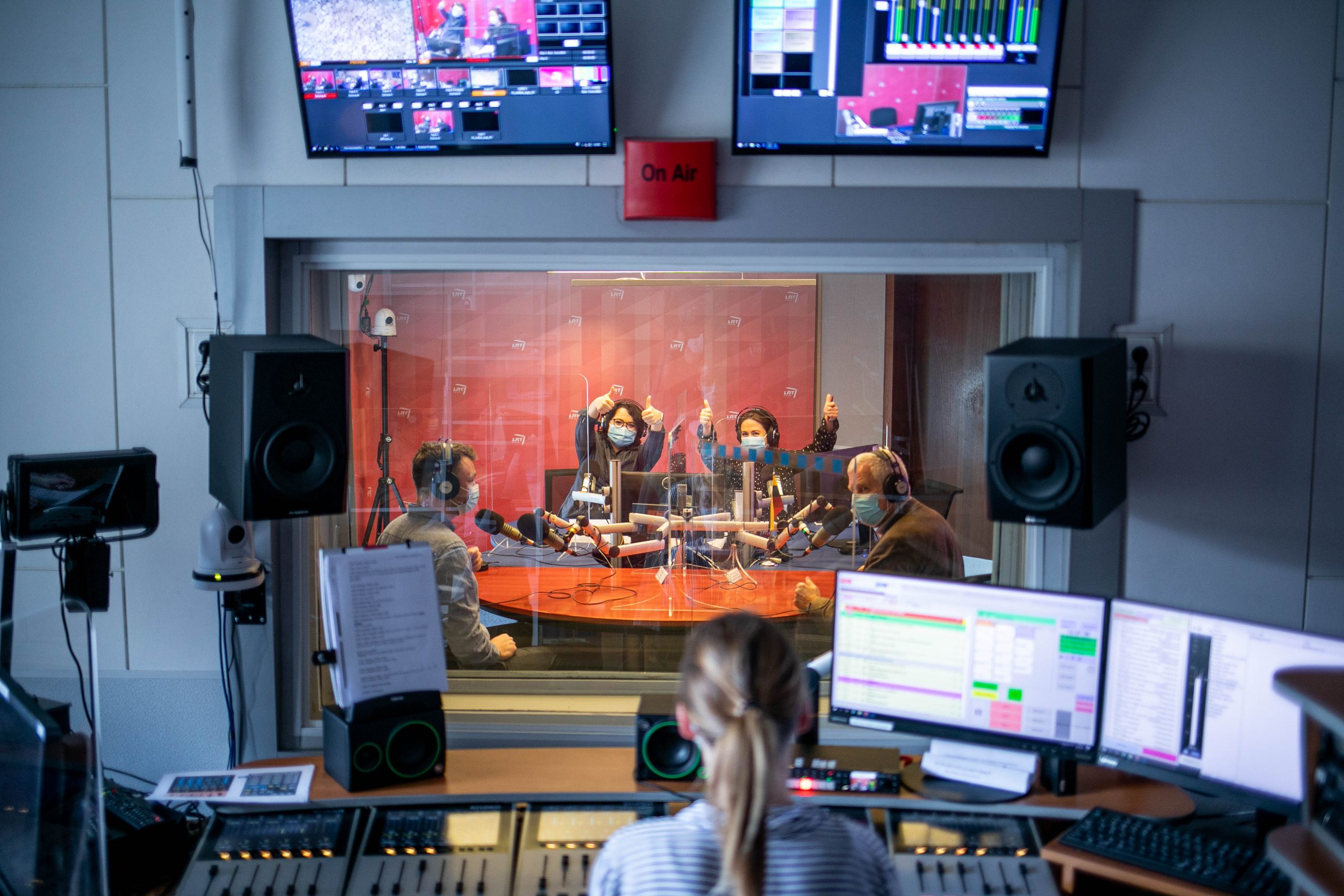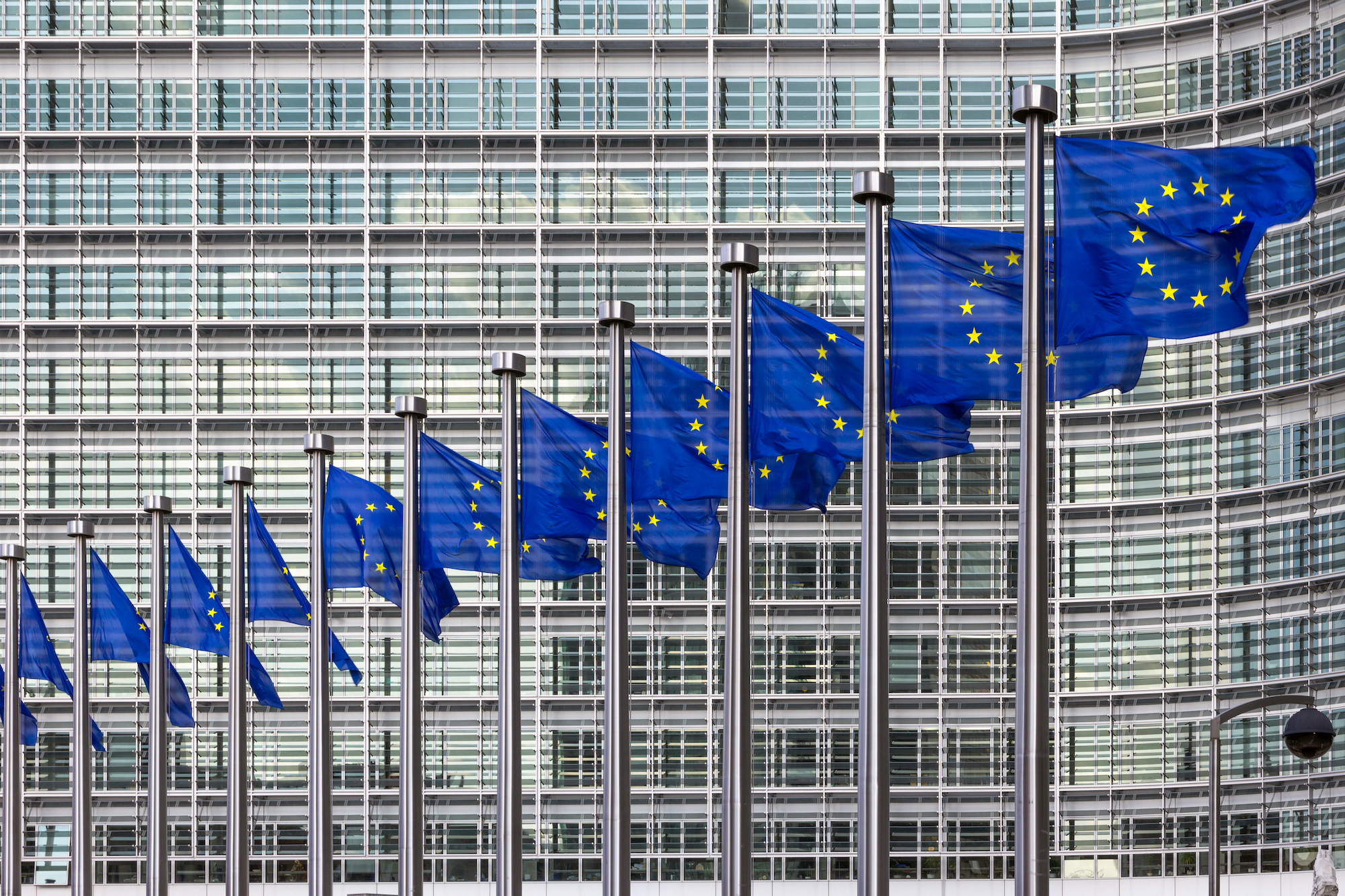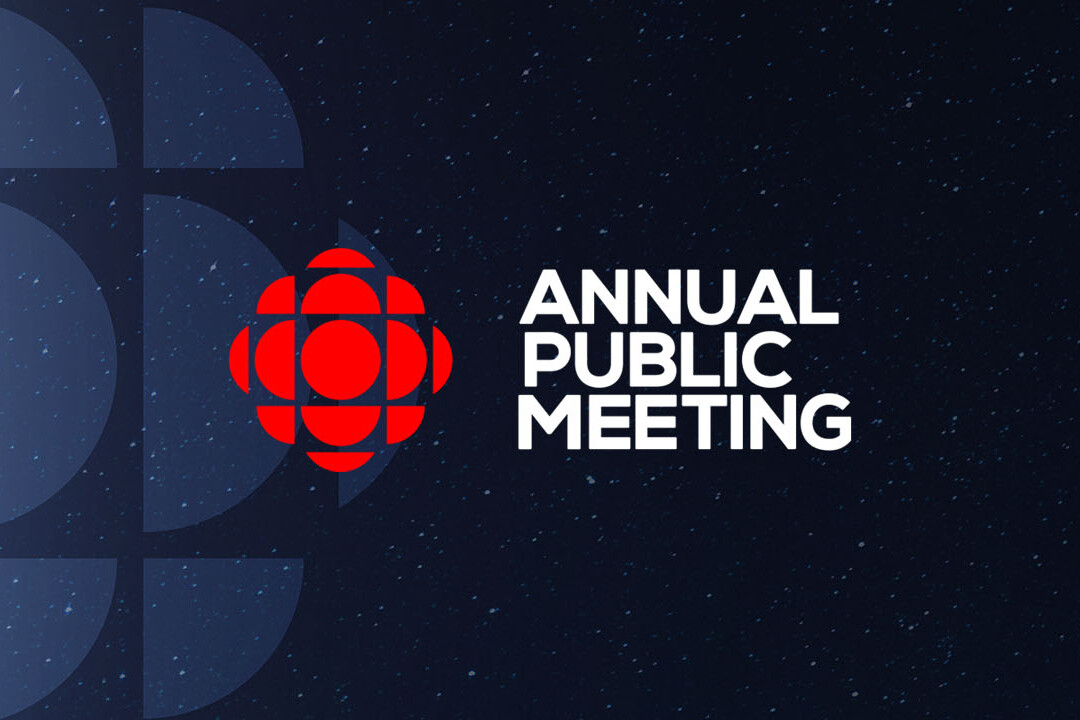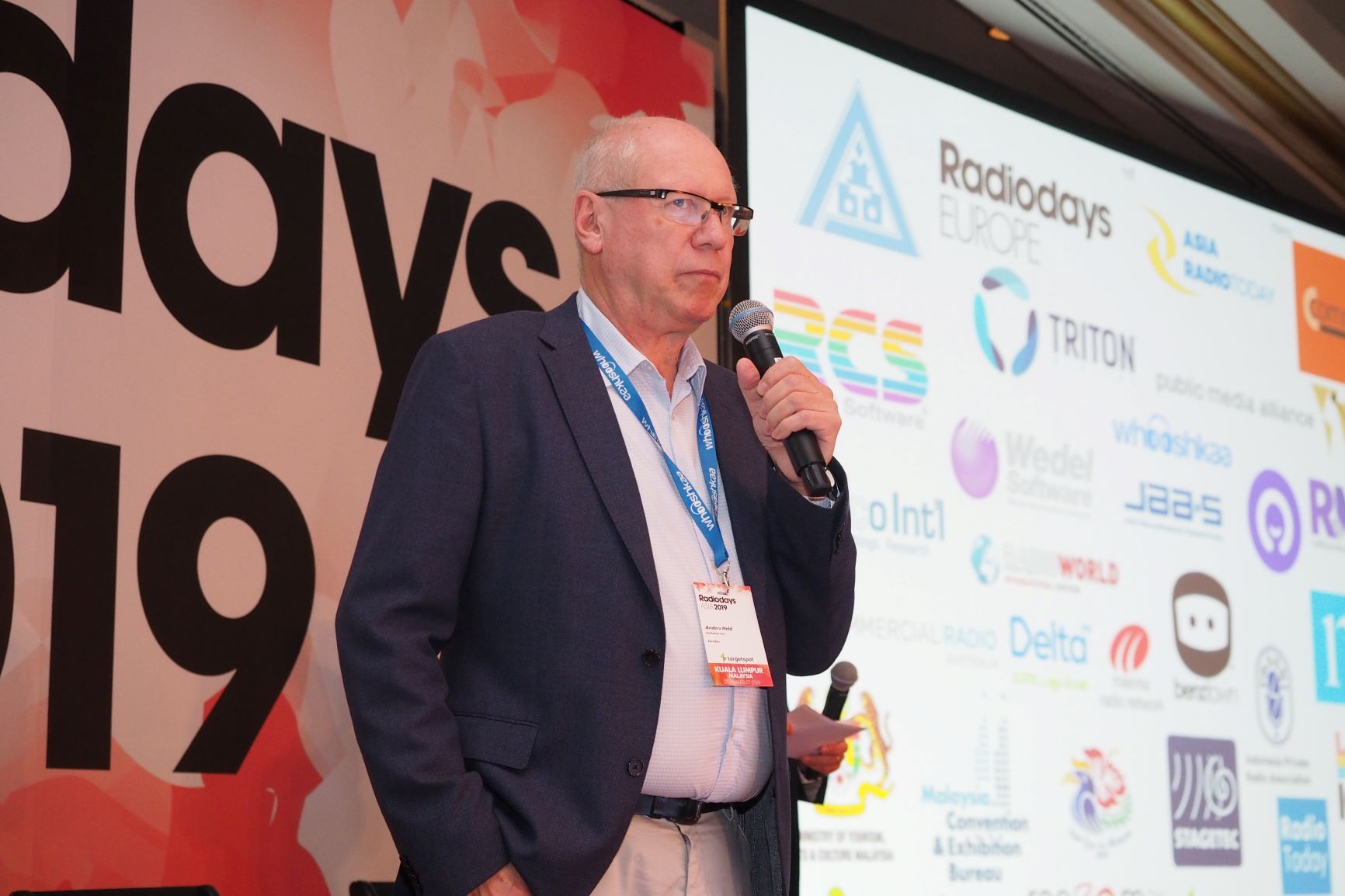How Lithuania’s public radio helped to reduce confusion about COVID-19 with an original, multilingual approach.
By Dovilė Javinskaitė, Head of LRT Radio Newsroom
It is early 2020 and the first quarantine in Lithuania. By this point, restrictions have been in place for a few months. But in a pharmacy in the middle of the capital, Vilnius, a Russian-speaking woman is discovering this for the first time. She has just learned about wearing masks, the rules for being in public places, and the present situation which is facing the entire world.
This shows that we, the news media, did not put enough effort into reaching speakers of other languages. Too often, news media concentrates on those who speak the loudest; we are silent about those who are silent because we do not hear their problems and cannot properly imagine them.
“We must pay more attention to minorities to make sure they are informed and provided with the most relevant information to help them to see issues from multiple perspectives.”
More than 10 percent of the Lithuanian population are minorities, the two largest groups being 126,000 Russians (4.5%), and 158,000 Polish people (5.7%). The LRT RADIO newsroom speaks to these minorities about their issues. We create content every day in Russian and Polish, but less frequently in Belarusian and Ukrainian. We have a minorities department with Polish and Russian journalists. During quarantine, at the beginning of the vaccination drive, we realised how important it was to reach speakers of other languages. We thought about what we could do so that the situation with the first quarantine would not be repeated. Our solution was to be brave, and speak loudly.
The result: an on-air discussion, held in April this year when the vaccination rollout started, broadcast in three languages simultaneously. People sent their questions by email or asked them over the phone. The show demonstrated to us how many unanswered questions in their languages they had. The newsroom extended its efforts to reach the audiences we were making the show for, by placing posters in the districts where there are large minority populations; there were repeated messages about the discussion on our broadcasts, and speakers of other languages provided vox pops in their languages. During the one-hour show, listeners asked questions such as: how do vaccines react with other medicines? Is it possible to get ill instantly? And can you infect another person after vaccination? To answer them, we had two medical experts and one popular Polish and Russian speaking actor.
The show “COVID-19 Vaccination: Myths and Facts” was broadcast on two radio channels (LRT RADIO and LRT KLASIKA) and on the lrt.lt website. It was like listening to rock’n’roll during a traditional national broadcast programme. But rock’n’roll was what was needed. We did get several emails asking what was happening on-air. Why were we chaotically talking in three languages not everyone understands? But our view was that we had to expand our perspective and help our fellow members of society. If this show helped to clarify a single misunderstanding or anxiety surrounding COVID-19, or convinced even one skeptic to get their vaccine, it was worth it.
After the discussion, lrt.lt novosti (the Russian version of LRT’s Facebook account) gained new followers. But it was not popular at all with the followers of the Lithuanian LRT Facebook account. For the Lithuanian audience, it was not very relevant since they get their answers during regular programmes or from articles published online. If Lithuanians were watching or listening to multilingual discussions, it was just because of the interesting format. But they were not tuned in for news.
Following this initial experiment that gained a lot of attention (attention does not mean audience), we decided that we wanted more! So, at the end of August, LRT RADIO held another multilingual discussion about migration and the situation near our border with Belarus. Listeners were interested to know why Lithuania must let migrants in and provide them with essential help. They asked how much it costs, and were interested in who pays for this help, as well as why most migrants are young men. They asked why Lithuania cannot just send migrants back to their own countries. Questions like these show that we must pay more attention to minorities to make sure they are informed and provided with the most relevant information to help them to see issues from multiple perspectives.
As a result of the success of this project, we have a plan to hold at least four multilingual discussions on the most relevant themes next year. After the first step, the second is easier: you know how and where to reach that audience.
“Our team is a fearless one and takes calculated risks. The mission is more important than ratings for LRT RADIO.”
It is here that I emphasise that we were in fact talking in four languages: Lithuanian, Polish, Russian, and the language of facts. Many thanks to Giedrius Masalskis, Head of the radio department at Lithuanian Radio and Television (LRT), who believed in an idea and did not back down even when it was obvious that it would sound chaotic, and many people could just turn off their radio. But our team is a fearless one and takes calculated risks. The mission is more important than ratings for LRT RADIO. So, my advice – believe in your ideas and ignore the ratings while talking about sensitive and essential issues.
Our thanks to Dovilė Javinskaitė for this report.
Header Image: Broadcasting “COVID-19 Vaccination: Myths and Facts” inside the LRT RADIO studio. Credit: Edvard Blaževič
Related Posts
16th September 2021
Insight: Promising steps to strengthen media freedom in Europe
The European Commission has presented a…
18th June 2021
INSIGHT | A year like no other at CBC/Radio-Canada
CBC/Radio-Canada's 2021 annual public…
1st June 2021
Insight | New DRM project to help bridge educational gap
New project could extend reach of…




